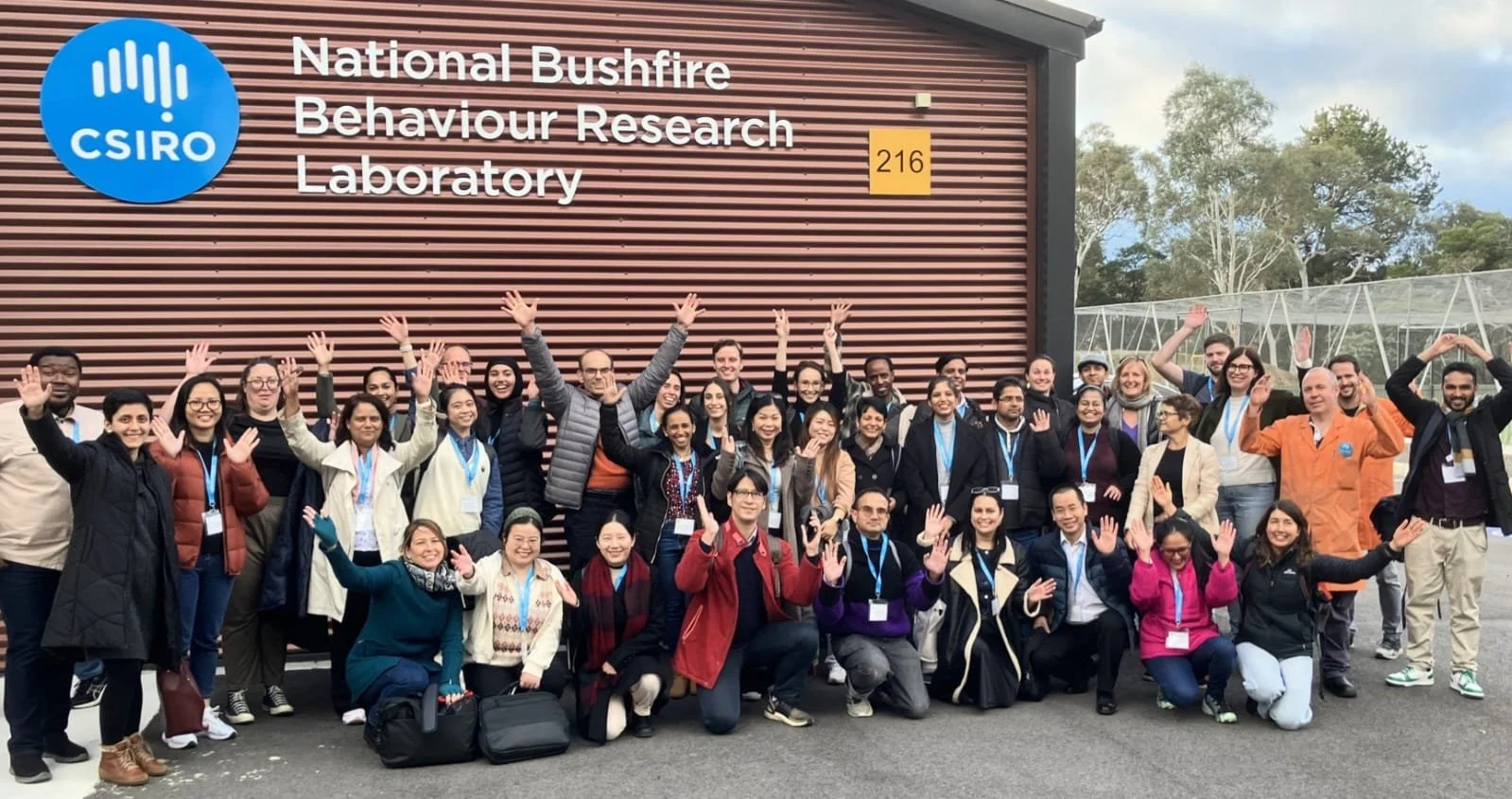Leading with Connection: Reflections from the HEAL Future Leaders School
The 2025 HEAL Network Future Leaders School wrapped up recently in Canberra, bringing together a dynamic group of early to mid-career researchers from across Australia. Building on the inaugural 2024 program, this year’s week-long residential school deepened our skills in interdisciplinary research, communication, knowledge transformation and collaborative leadership - all within the urgent context of health and climate change.
As a participant, I found the week both intellectually invigorating and personally grounding. It was a rare and valuable space to step away from day-to-day demands, learn about the innovative research led by my peers, and reflect on some big questions: What kind of research leader do I want to be? How can I contribute meaningfully to climate and health justice? And how do we ensure Indigenous knowledge systems are not just acknowledged but centred?
Some of the most impactful moments for me were spent listening to Aunty Linda and Aunty Mara, who generously shared their knowledge, stories, and perspectives. Their presence brought such warmth, wisdom, and strength to the space. They reminded us that our work must start with relationships - with Country, with community, and with each other. Through their guidance, I began to understand more deeply how to connect with community in authentic, respectful ways, and how to walk alongside, rather than ahead of, Indigenous peoples. Elevating Indigenous knowledge isn’t something we add to our research - it’s something that transforms it.
Another highlight was connecting with our community of early to mid-career researchers - and I say community because that’s what it truly felt like. Over the course of the week, we shared authentic conversations, asked difficult questions, and listened deeply to one another. It was a chance to understand the diverse perspectives and expertise that exist across our network, all held within a shared commitment to address the impacts of climate change on health and our environment.
The breadth and depth of work being undertaken across the EMCR network is truly inspiring. Research addressing: housing and its influences on health; antimicrobial resistance and one health; advancing food security; improving air quality; and designing sustainable infrastructure solutions. These projects aren’t just impressive — they are essential. They reflect the collaborative action we urgently need to face the realities of a changing climate.
These connections aren’t just personally enriching, they’re strategically important. Building strong, interdisciplinary networks is critical to progressing the kind of work that addresses the impacts of climate change. This issue can feel overwhelming and heartbreaking at times (more often than not), but having a community that comes together with honesty, care, and courage makes it feel a little more possible, a little more hopeful.
Outside the formal sessions, it was the in-between moments that stayed with me - conversations during shared meals, walks on Ngunnawal country, and breaks between sessions. I return home reminded that leadership in climate and health isn’t about expertise alone - it’s about connection and a commitment to work across disciplines.
I’m deeply grateful to the HEAL Network - Sotiris, Enembe, Nathasha, Lindsay, Dharani and team, and my fellow participants for creating such a generous, inclusive and transformative space. I’m walking away with clarity, commitment, and - most importantly - community.

